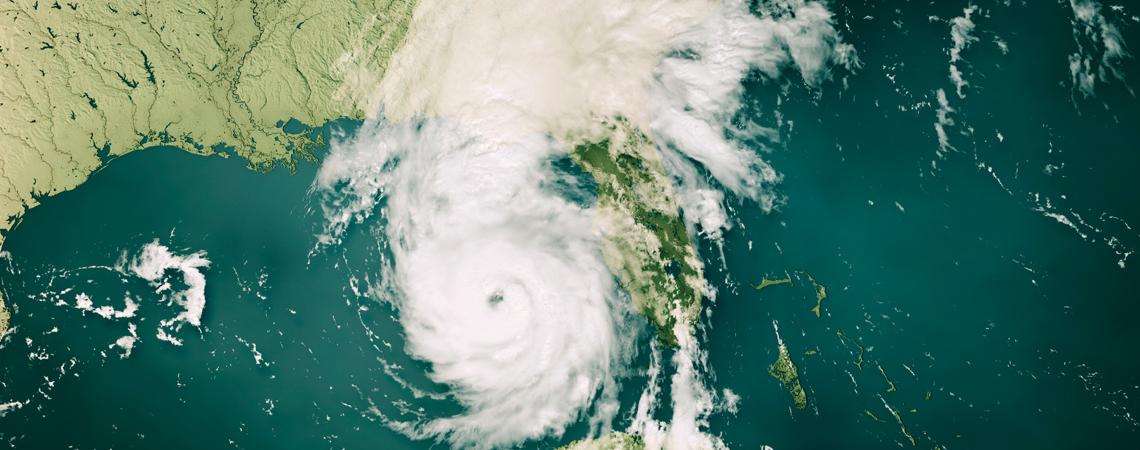Their help in bringing back crucial electric service is a first step toward recovery.
Every so often, we are reminded of the raw power of — and our relative helplessness against — the forces of nature. Throughout Florida, Georgia, North Carolina, and South Carolina, communities are still coming to grips with the devastation wrought in late September and early October by the one-two punch of hurricanes Helene and Milton, two of the more powerful and damaging storms of the past few decades.
The utter destruction there is difficult to fathom. Recovery will take months, and even years in some communities.
There’s a lot that needs to be done — not the least of which is to restore basic infrastructure enough to safely return electric delivery systems to service. Electric cooperatives, true to their principles of “Concern for Community” and “Cooperation Among Cooperatives,” have jumped in to help in each of these states, working to rebuild damaged facilities and restore vital electric service to even the most remote areas.
Lineworkers from more than 20 states began arriving the day after Helene blew through, working 16 hours a day, seven days a week to repair the damage done to cooperative systems. Ohio cooperatives alone sent more than 100 lineworkers to help their sister co-ops in some of the hardest-hit areas of North and South Carolina. Ohio cooperatives also organized donations of needed supplies and money to assist some of the most storm-ravaged communities.
We know that we can be overpowered by natural disasters. It’s why electric cooperatives are in a constant state of preparation — to prevent problems that are preventable but also to be ready to respond to situations that are unavoidable.
It takes coordination, teamwork, and dedication to respond safely and effectively to emergencies like these recent hurricanes. Literally thousands of individuals from hundreds of electric cooperatives have had a hand in the response. It’s yet another example of being able to accomplish together things we simply can’t do alone.
So I’m joining with co-op members everywhere to extend a special thanks to the lineworkers who have gone into these battered communities. We know that their help in bringing back crucial electric service is a first step toward recovery.









